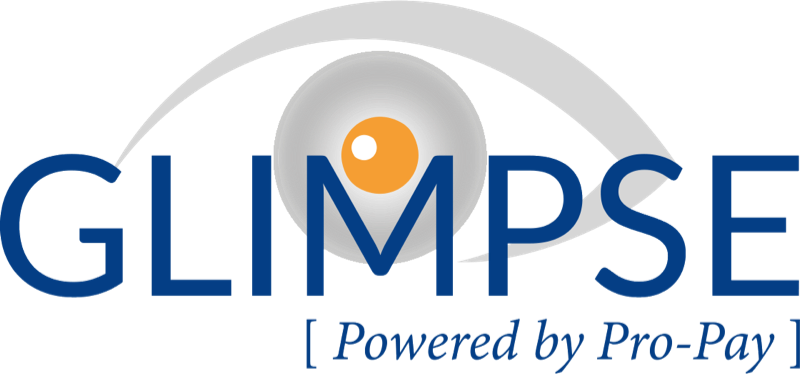Sectoral agreement 2023-2024 for joint industrial committee 207

The social dialogue in Belgium is organized on 3 levels: inter-sectoral/federal, sectoral and company level. Over the past months, the wage norm and several employment measures which serve as the basis for the negotiations on a sectoral level, have been determined on a federal and inter-sectoral level.
Within JIC 207 these negotiations have been finalized, which resulted in a sectoral agreement for the years 2023 - 2024 (valid from January 1, 2023 until December 31, 2024). We would like to provide you hereby with an overview of the most important decisions for the upcoming two years in your sector of industry.
Wages
The gross minimum experience monthly salary will be increased by € 17.333 from July 1, 2023 and will be further increased by € 17.333 from July 1, 2024.
Purchasing power premium
Companies that do not conclude collective labour agreements concerning salaries on a company level (= non-conventionalized companies), will have to pay a purchasing power premium to the employees on September 30, 2023 at the latest if these companies have achieved high or exceptionally high profits.
- High profit: Companies with high profits are those where the result of the sum of accounting codes 9901 + 630 + 631/4 + 635/8 of the annual account of the financial year 2022 is positive. These companies must grant a purchasing power premium of € 350.
- Exceptionally high profit: Companies with exceptionally high profits are those where the accounting code 9901 divided by the balance sheet (= ROA) is at least equal to double the average ROA of the company's last 6 years. These companies have to grant a purchasing power premium of € 351.
The conditions must have been achieved autonomously and assessed at the legal entity level. Please verify these conditions with your accountant.
For those companies where the financial year does not coincide with calendar year 2022, it is the annual account closing in calendar year 2022.
The purchasing power premium must be granted in the form of vouchers not later than 30.09.2023. The vouchers are valid until December 31, 2024 and can be used to purchase food or products and services of an ecological nature (similar to meal vouchers and eco vouchers).
The premium is granted to white-collar workers who are employed on June 1, 2023, pro rata their working regime in the reference period running from June 1, 2022 to May 31, 2023, and pro rata the effective working performance and equivalences according to the cla’s on the end-of-year premium during this reference period.
A company that does not meet the sectoral conditions can still grant a purchasing power premium of maximum € 750 at company level. However, a justification must then be added in the collective labour agreement at company level that the company achieved good results during the crisis, without having achieved the high or exceptionally high profits stipulated in the sectoral collective labour agreement. In the absence of a union delegation or if it concerns a category of staff for which it is not the usual practice for it to be targeted by a collective agreement, the purchasing power premium can be granted via an individual agreement.
Action point: inform your Payroll Business Partner about the amount of the purchasing power premium.
Mobility
Until now, sector JIC 207 referred to the general minimum regulation determined by the National Labour Council regarding the contribution of the employer in public train transport.
From February 1, 2024, the employer's contribution will be increased to 80% of the actual price of train tickets depending on the distance. Companies are recommended to enter into a third-party payer agreement with NMBS/SNCB at no additional cost, with the remaining 20 % being borne by the government so that the employee can benefit from free commuting via the NMBS/SNCB.
In addition to the employer's contribution to the train subscription, the employer will also contribute to the costs of a monthly subscription to the NMBS/SNCB car park. Until now, the contribution was € 10 per month, but this will be increased to € 25 per month (prorata the subscription formula).
Seniority leave and age-day
From January 1, 2024, the following seniority leave scheme will apply in JIC 207:
- 1 day of seniority leave is granted after at least 15 years of seniority in the company.
- A second day of seniority leave is granted after at least 20 years of seniority in the company (instead of the current 25 years).
- A third day of seniority leave is granted after at least 30 years of seniority in the company (maximum 3 days of seniority leave per calendar year).
From January 1, 2024, 1 age-day will be introduced for employees aged 60 who can only claim 2 or fewer seniority days (without this allowing the sum of the seniority and age-days to exceed 3).
Unemployment scheme with company allowance and time credit
All existing schemes of unemployment with company allowance are extended.
Regarding time credit, the sector provides for an extension to June 30, 2025 of the time credit with the motive of care for a period of 51 months (full-time and half-time suspension) and for a period of 36 months for the motive of training (full-time and half-time suspension).
Entitlement to allowances in landing positions from 55 years (4/5 and ½) is extended.
Training
JIC 207 follows the rules of the Labour Deal regarding the right to training. For instance, for companies with more than 20 employees (in terms of in full-time equivalents), an individual training right is introduced of 4 days in 2023 and 5 days in 2024 for a full-time employee.
Temporary work
When hiring a temporary worker who was already working in the company, an obligation already exists in the sector to equalise the seniority as a temporary worker for all company benefits based on seniority, with the exception of the year-end bonus and any supplementary pension that may exist in the company. This equalization was foreseen for a maximum of 18 months, but is now extended to a maximum of 24 months.
This provision applies to recruitments from July 1, 2023.















